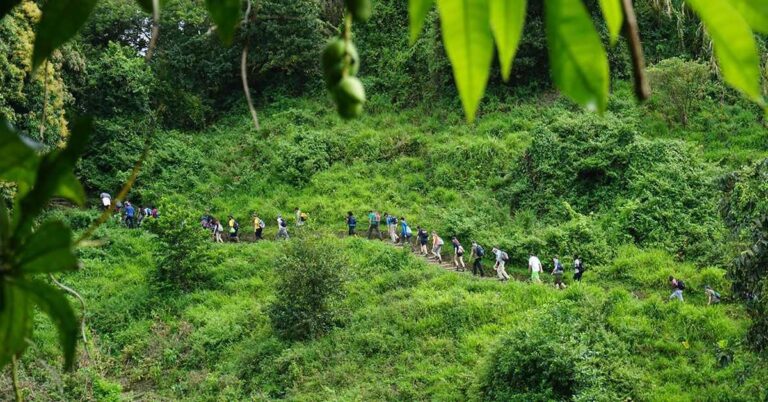Introduction to Ecotourism
Ecotourism presents a unique opportunity to create sustainable development in vulnerable areas. By promoting responsible travel practices, ecotourism helps protect natural reserves and indigenous cultures. This approach can be particularly impactful in combating poverty within indigenous communities.
The Importance of Indigenous Communities
Indigenous communities often possess deep-rooted cultural heritage and knowledge of their local ecosystems. These communities face significant economic challenges, exacerbated by external socio-economic pressures. As a result, many indigenous peoples seek alternative livelihoods to improve their standards of living.
Ecotourism as a Solution
Ecotourism can play an essential role in providing economic opportunities while preserving cultural identity. Engaging tourists in environmentally friendly practices allows indigenous communities to benefit financially from their natural surroundings. This form of tourism also encourages respect for their traditions and way of life.
Benefits of Ecotourism
The implementation of ecotourism can lead to multiple benefits for indigenous communities. Increased income from tourism can provide funding for education, healthcare, and infrastructure improvements. Moreover, empowering these communities to control tourism operations fosters a sense of pride and ownership.
Challenges to Implementation
While the potential benefits of ecotourism are significant, challenges remain in its implementation. Concerns such as cultural commodification and environmental degradation must be carefully managed. Indigenous leaders and organizations must remain central to the planning and development processes to ensure sustainable practices are upheld.
Best Practices for Sustainable Ecotourism
To ensure ecotourism benefits indigenous communities effectively, several best practices should be considered. Developing partnerships between local communities and tourism operators can promote shared goals and visions. It is also crucial to provide education and training to community members to participate actively in the tourism industry.
Conclusion
Ecotourism holds the potential to be a powerful tool for poverty alleviation in indigenous communities. By embracing this model, communities can protect their environments while generating income. To learn more about this topic and its significance, visit this resource.

